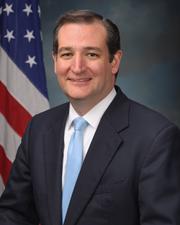S 276
Official Title: A bill to amend the Internal Revenue Code of 1986 to expand and improve health savings accounts, and for other purposes.
Introduced: 01/28/2025
Passed House:
Passed Senate:
To President:
Became Law:
Summary:
Personalized Care Act of 2025
This bill expands health saving account (HSA) eligibility, increases HSA contribution limits, and makes other HSA-related changes. The bill also expands the definition of medical care for purposes of the itemized tax deduction for unreimbursed medical expenses.
The bill eliminates the requirement that an individual must be covered by a high-deductible health plan to establish and contribute to an HSA. Under the bill, an eligible individual is defined as (1) a health care sharing ministry participant, or (2) individual covered under
- a group or individual health plan;
- health insurance (including a short-term limited duration and medical indemnity plan); or
- a government plan (including Medicare Part A and B, Medicaid, the Children’s Health Insurance Program, certain military and government employee health benefit programs, and the Indian Health Service and tribal organization programs).
The bill increases annual HSA contribution limits to $10,800 (from $4,300 in 2025) for self-only coverage and $29,500 (from $8,550 in 2025) for family coverage, adjusted annually for inflation.
The bill expands the qualified medical expenses that may be paid for with HSA distributions to include health insurance payments (e.g., premiums), direct care fees, and certain amounts paid by health care sharing ministry participants.
The bill decreases the penalty to 10% (from 20%) for nonqualified HSA distributions.
Finally, under the bill, direct care fees and fees paid for membership in a health care sharing ministry qualify as medical care for purposes of the itemized tax deduction for unreimbursed medical expenses.
Action(s):
- 01/28/2025 - Read twice and referred to the Committee on Finance.
- 01/28/2025 - Introduced in Senate





